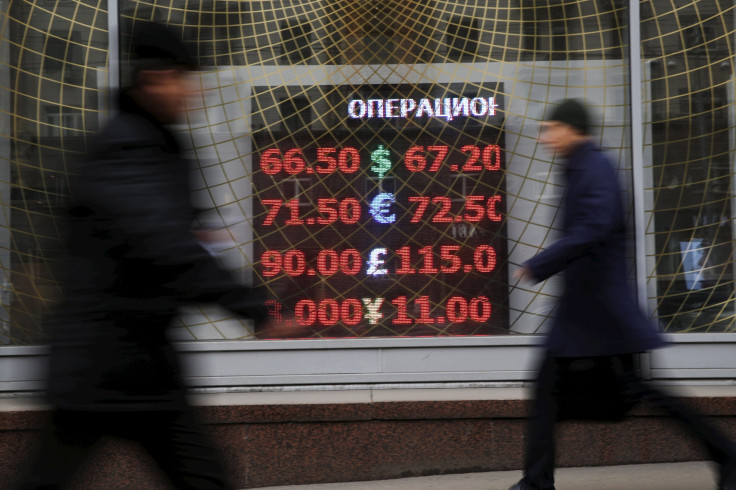Oil Prices 2015: Russia Forced To Make Additional Spending Cuts, Official Says

With oil prices at lows not seen since 2009, the Kremlin said on Tuesday that it would have to make additional spending cuts, Reuters reported. Oil prices fell below $40 a barrel, adding further strain on the already suffering Russian economy.
“If oil goes to $20, we will need to do additional [spending] cuts,” said Deputy Finance Minister Alexei Moiseev. “Clearly, we have shown that we are very willing to cut fiscal spending in line with an oil price at $60, for example. In order for us to be long-term sustainable [with the] oil price at $40, we need to do additional cuts, but if the oil price goes to $20 we need to do even more cuts.”
Moiseev did not provide details on where the cuts would be made, but said households should expect to tighten their budgets. “[Russians should] no longer expect the living standards that we have gotten used when the oil price was very high," he said.
Russia’s 2016 budget is based on oil prices remaining in the range of $40-$50 a barrel. With member states of OPEC unwilling to lower their oil production levels following the group’s meeting on Friday, the ruble continued to fall against the dollar on Tuesday.
“The oil price dynamics and strong U.S. stock market statistics published last Friday were the key drivers of the ruble's fall,” said analyst Ivan Kopeykin from the VKS Express business news agency, the Moscow Times reported.
Russia’s economy has suffered for more than a year with oil prices dropping from their high of over $100 per barrel, coupled with Western economic sanctions over the Kremlin’s annexation of Crimea from Ukraine in March 2014. The International Monetary Fund (IMF) has said the Russian economy will contract by 3.8 percent this year with an additional 0.6 percent contraction expected in 2016.
Despite these conditions, Russia’s economic minister said last month that the country’s recession had ended.
© Copyright IBTimes 2025. All rights reserved.






















